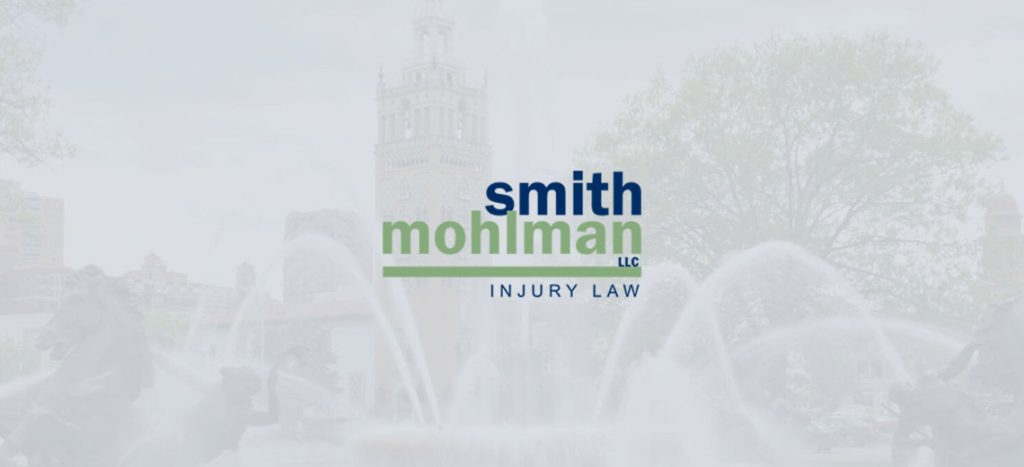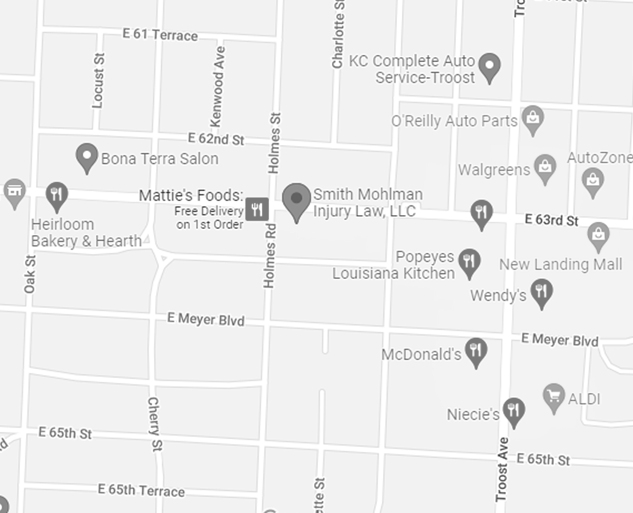Comprehensive car insurance coverage is designed to pay for damage to vehicles caused by something other than collisions with other vehicles. That means that if someone crashes their car into someone else’s car, this type of insurance will not reimburse the costs of repairing the vehicle.
What Does Comprehensive Car Insurance Cover?
It covers many types of damage caused by most things that don’t involve other vehicles. That includes repairing a vehicle that hit a deer, was damaged in a storm involving hail or wind or falling trees and other debris, acts of theft or vandalism that cause damage to the vehicle, and fires.
What Kind of Coverage Do I Need for Vehicle Collisions?
Liability and collision coverage are needed to pay for damage due to vehicle collisions, whether you or someone else caused the crash. Note that liability and personal injury protection (PIP) insurance coverage is required for vehicle owners in Kansas. The state does not require collision and comprehensive coverage policies, but if someone is financing a car purchase with a loan, the lender may require them.
How Much Car Insurance Do I Need?
That depends on many factors, including what you can afford (both in terms of the base price of the coverage and how high deductibles will be), the value of your vehicle, and how much you drive. The more you drive, the more likely something may happen that could require insurance to be involved. It’s tempting to go with the lowest-priced route, but the cheaper the coverage, the less it will pay for. In the event of catastrophic incidents, whether a tornado is wrecking a vehicle or a collision that causes personal injuries, someone could end up with thousands of dollars, and possibly tens or hundreds of thousands of dollars, of damages out of pocket—not an ideal situation for anyone.
Let Us Advise You
Car insurance policies can be complicated to understand and difficult to work with if you have a claim. If you or someone you know needs to file claims for car insurance coverage, call us at 816-866-7711 to learn what legal remedies could be available.





